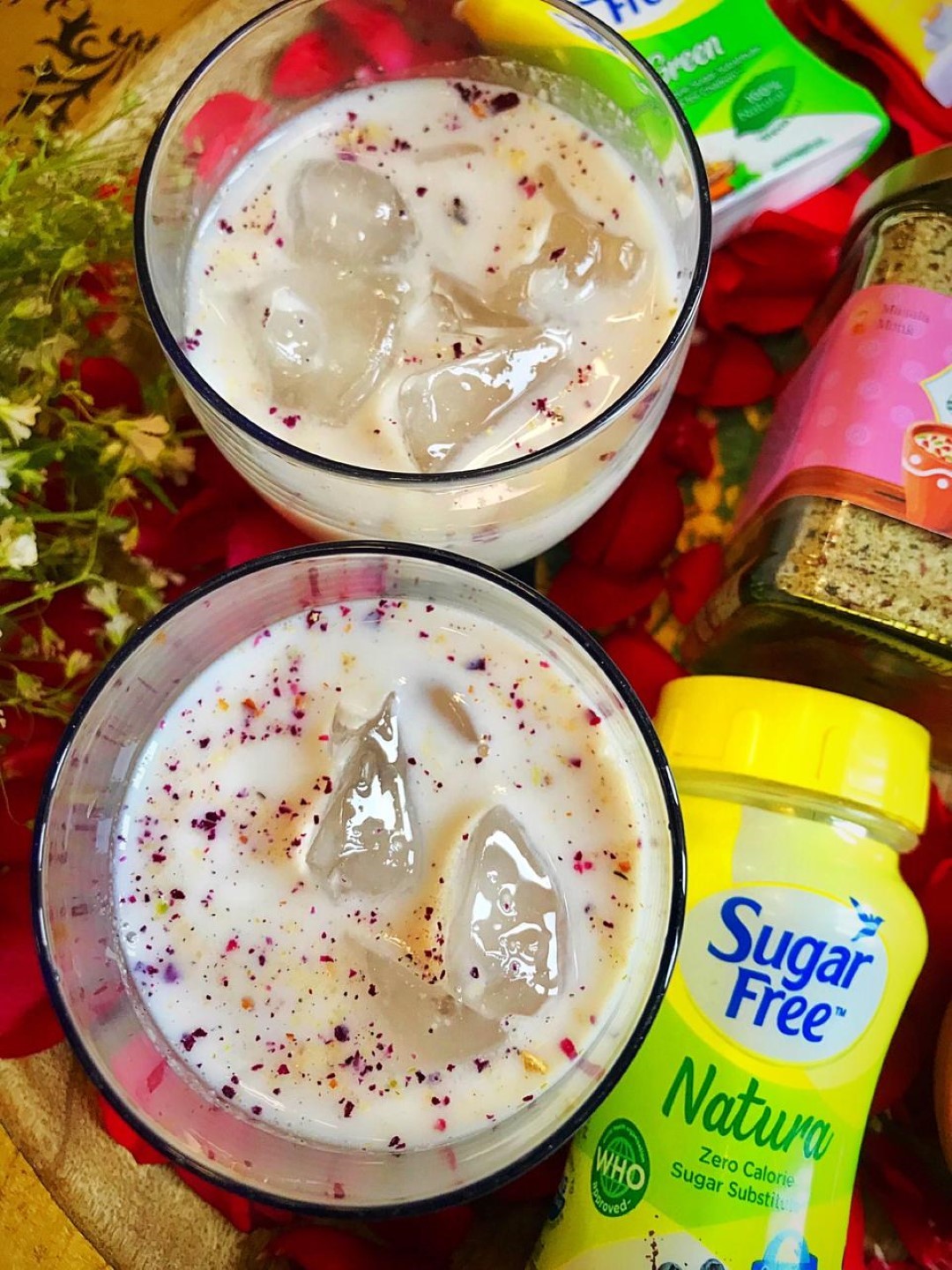
Introduction:
In the ever-evolving landscape of dietary choices, Stevia and Aspartame emerge as two prominent sugar substitutes. Each has carved its niche in the world of sweeteners, offering unique benefits and sparking varied debates. This article delves deep into their characteristics, aiming to provide a holistic understanding of their roles in our diets.
Origins and Nature:
Understanding the roots of these sweeteners provides insights into their nature and potential effects.
Stevia:
Stevia is a gift from nature. Extracted from the leaves of the Stevia rebaudiana plant indigenous to South America, its sweetening properties have been harnessed for centuries. Beyond its role as a sweetener, indigenous communities have also valued stevia for its medicinal attributes. In today’s global market, stevia’s natural origins make it a preferred choice for those leaning toward organic and natural products.
Aspartame:
In contrast, Aspartame is a marvel of human innovation. This artificial sweetener was discovered in 1965 and is a compound synthesized from two amino acids: aspartic acid and phenylalanine. While it has faced its share of controversies, rigorous scientific evaluations have cemented its place in the global food and beverage industry, especially in diet sodas and various sugar-free products.
Sweetness Profile:
The potency of sweetness varies between Stevia and Aspartame, influencing their application in culinary creations.
Stevia:
Stevia stands out with its remarkable sweetness, often touted to be up to 300 times sweeter than conventional sugar. This intensity means that a minuscule amount goes a long way, making it a calorie-free addition in many culinary applications.
Aspartame:
Aspartame, while incredibly sweet, is approximately 200 times sweeter than regular sugar. Its potency ensures that products require only tiny quantities, ensuring a near-zero caloric contribution.
Caloric Content:
For the calorie-conscious, understanding the energy contribution of these sweeteners is crucial.
Stevia:
Given its natural origins and intense sweetness, Stevia contributes zero calories, making it a darling for those on calorie-restricted diets.
Aspartame:
While Aspartame inherently contains calories, the minute amounts used in food and drink formulations result in an almost negligible caloric input.
Health Considerations:
Health implications are often at the forefront of discussions surrounding sweeteners. Here’s a breakdown of what’s known.
Stevia:
Being plant-based, Stevia is often perceived as a healthier alternative to synthetic sweeteners. Its non-impact on blood sugar levels further endears it to diabetics and those monitoring their glucose intake.
Aspartame:
Over the years, Aspartame has been under the microscope, with numerous studies exploring its safety. While debates continue, major health organizations globally have given it a nod of approval. However, it’s worth noting that individuals with a rare genetic condition called phenylketonuria (PKU) should steer clear of aspartame due to their inability to metabolize phenylalanine.
Common Questions and Misconceptions:
Does Stevia contain Aspartame?
No, Stevia is a separate entity and does not contain aspartame. They are distinct sweeteners with different origins.
Is Stevia safer than Aspartame?
While Stevia is often touted for its natural origins, both Stevia and Aspartame have been deemed safe for consumption by major health organizations. However, individual reactions may vary, and it’s essential to consult with a healthcare professional if unsure.
Difference between Stevia and Aspartame:
The primary difference lies in their origins: Stevia is natural, while Aspartame is synthetic. They also differ in sweetness intensity and caloric content.
Conclusion:
Whether you lean towards the natural allure of Stevia or the tested efficacy of Aspartame, it’s crucial to be informed. Both sweeteners offer unique advantages, and understanding their nuances can help you make choices that align with your dietary needs and preferences.
FAQs for “Stevia vs. Aspartame”:
- Is stevia considered safer than aspartame? While stevia is natural and aspartame is synthetic, both are deemed safe for consumption by health authorities. Individual reactions may vary.
- Can I use stevia and aspartame interchangeably in recipes? They have different sweetness levels and properties. Adjust quantities and consider the desired taste and texture of the end product.
- Why is aspartame controversial? Over the years, aspartame has been the subject of various health concerns and studies. However, major health organizations have deemed it safe for consumption.
- Which sweetener is more suitable for diabetics? Both stevia and aspartame do not raise blood sugar levels, making them suitable for diabetics. However, it’s always best to consult with a healthcare professional.
- How do the tastes of stevia and aspartame compare? While stevia might have a slight aftertaste for some, aspartame closely resembles the taste of sugar. Personal preferences play a significant role.
Blog Tags for the Post:
Stevia, Aspartame, Natural vs. Artificial Sweeteners, Sugar Alternatives, Stevia vs. Aspartame, Dietary Choices, Sweetness Profile, Health Considerations.









